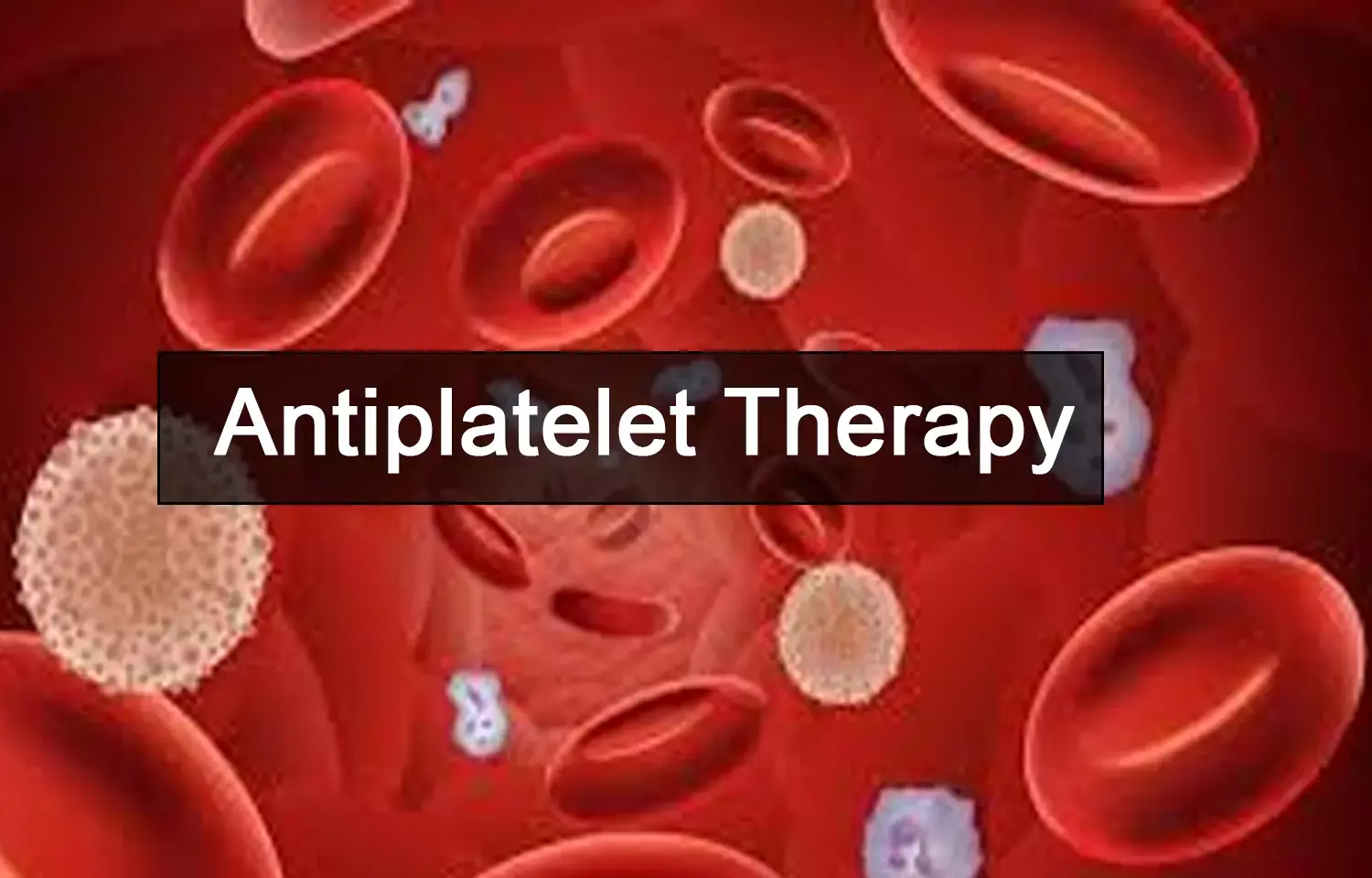- Home
- Medical news & Guidelines
- Anesthesiology
- Cardiology and CTVS
- Critical Care
- Dentistry
- Dermatology
- Diabetes and Endocrinology
- ENT
- Gastroenterology
- Medicine
- Nephrology
- Neurology
- Obstretics-Gynaecology
- Oncology
- Ophthalmology
- Orthopaedics
- Pediatrics-Neonatology
- Psychiatry
- Pulmonology
- Radiology
- Surgery
- Urology
- Laboratory Medicine
- Diet
- Nursing
- Paramedical
- Physiotherapy
- Health news
- Fact Check
- Bone Health Fact Check
- Brain Health Fact Check
- Cancer Related Fact Check
- Child Care Fact Check
- Dental and oral health fact check
- Diabetes and metabolic health fact check
- Diet and Nutrition Fact Check
- Eye and ENT Care Fact Check
- Fitness fact check
- Gut health fact check
- Heart health fact check
- Kidney health fact check
- Medical education fact check
- Men's health fact check
- Respiratory fact check
- Skin and hair care fact check
- Vaccine and Immunization fact check
- Women's health fact check
- AYUSH
- State News
- Andaman and Nicobar Islands
- Andhra Pradesh
- Arunachal Pradesh
- Assam
- Bihar
- Chandigarh
- Chattisgarh
- Dadra and Nagar Haveli
- Daman and Diu
- Delhi
- Goa
- Gujarat
- Haryana
- Himachal Pradesh
- Jammu & Kashmir
- Jharkhand
- Karnataka
- Kerala
- Ladakh
- Lakshadweep
- Madhya Pradesh
- Maharashtra
- Manipur
- Meghalaya
- Mizoram
- Nagaland
- Odisha
- Puducherry
- Punjab
- Rajasthan
- Sikkim
- Tamil Nadu
- Telangana
- Tripura
- Uttar Pradesh
- Uttrakhand
- West Bengal
- Medical Education
- Industry
Prolonged DAPT regimen after PCI not required in present scenario: Circulation study

Boston, MA: A recent study published in the journal Circulation has indicated that the commonly prescribed prolonged antiplatelet drug regimen after stent procedures may be outdated.
The practice involves prescribing a combination of antiplatelet drugs for many months (up to 2.5 years) after surgery to prevent blood clots in the stents, in patients with cardiovascular disease who have stents placed in narrowed coronary arteries to ensure that blood is delivered to the heart.
The Dual Antiplatelet Therapy (DAPT) Study that enrolled patients 10 years ago and whose results were reported in the New England Journal of Medicine in 2014 had suggested a prolonged antiplatelet drug regimen. In the trial, long-term use of the drugs prevented clots within stents and reduced the risk of major adverse cardiovascular and cerebrovascular events. Today's patients may be different from those who participated in the trial, however, and stent technology has improved in recent years.
In the trial, long-term use of the drugs prevented clots within stents and reduced the risk of major adverse cardiovascular and cerebrovascular events. Today's patients may be different from those who participated in the trial, however, and stent technology has improved in recent years.
To account for these differences, investigators compared characteristics of 8,864 patients in the trial to 568,540 contemporary patients with similar cardiovascular conditions. The scientists, who were led by first author Neel M. Butala, MD, MBA, and senior author Robert W. Yeh, MD, MSc, found that contemporary patients had more comorbidities and were more likely to have experienced a heart attack and to receive second-generation drug-eluting stents, which are coated with time-release medications and are more advanced than earlier stents. The team determined that differences between patients and stents used in contemporary clinical practice compared with the earlier clinical trial have translated into a decrease in benefits and an increase in harms attributable to prolonged use of antiplatelet drugs in recent years. Therefore, they say, it's safer for today's patients to take these medications for only a short amount of time after stent procedures.
"When we first published the study, we demonstrated that there was a clear benefit to taking a long duration of antiplatelet therapy for a large swath of patients undergoing heart stent procedures. But when we updated those results to incorporate the important changes that have occurred over the previous decade, much of the benefit of combination antiplatelet therapy had disappeared," says Yeh, a physician-scientist at MGH and Beth Israel Deaconess Medical Center, who in addition to being the senior author of the Circulation analysis was a co-author of the original DAPT Study results published in NEJM.
Butala, an interventional cardiology fellow at MGH, notes that long-term antiplatelet therapy is no longer the best strategy for many, if not most, patients who have stents in their coronary arteries. "Instead, shorter regimens, sometimes as short as three or six months, may be a more typical duration to take these medications for the average cardiac patient," he says.
Reference:
The study titled, "Estimation of DAPT Study Treatment Effects in Contemporary Clinical Practice: Findings from the EXTEND-DAPT Study," is published in the journal Circulation.
DOI: https://www.ahajournals.org/doi/10.1161/CIRCULATIONAHA.121.056878
Dr Kamal Kant Kohli-MBBS, DTCD- a chest specialist with more than 30 years of practice and a flair for writing clinical articles, Dr Kamal Kant Kohli joined Medical Dialogues as a Chief Editor of Medical News. Besides writing articles, as an editor, he proofreads and verifies all the medical content published on Medical Dialogues including those coming from journals, studies,medical conferences,guidelines etc. Email: drkohli@medicaldialogues.in. Contact no. 011-43720751


